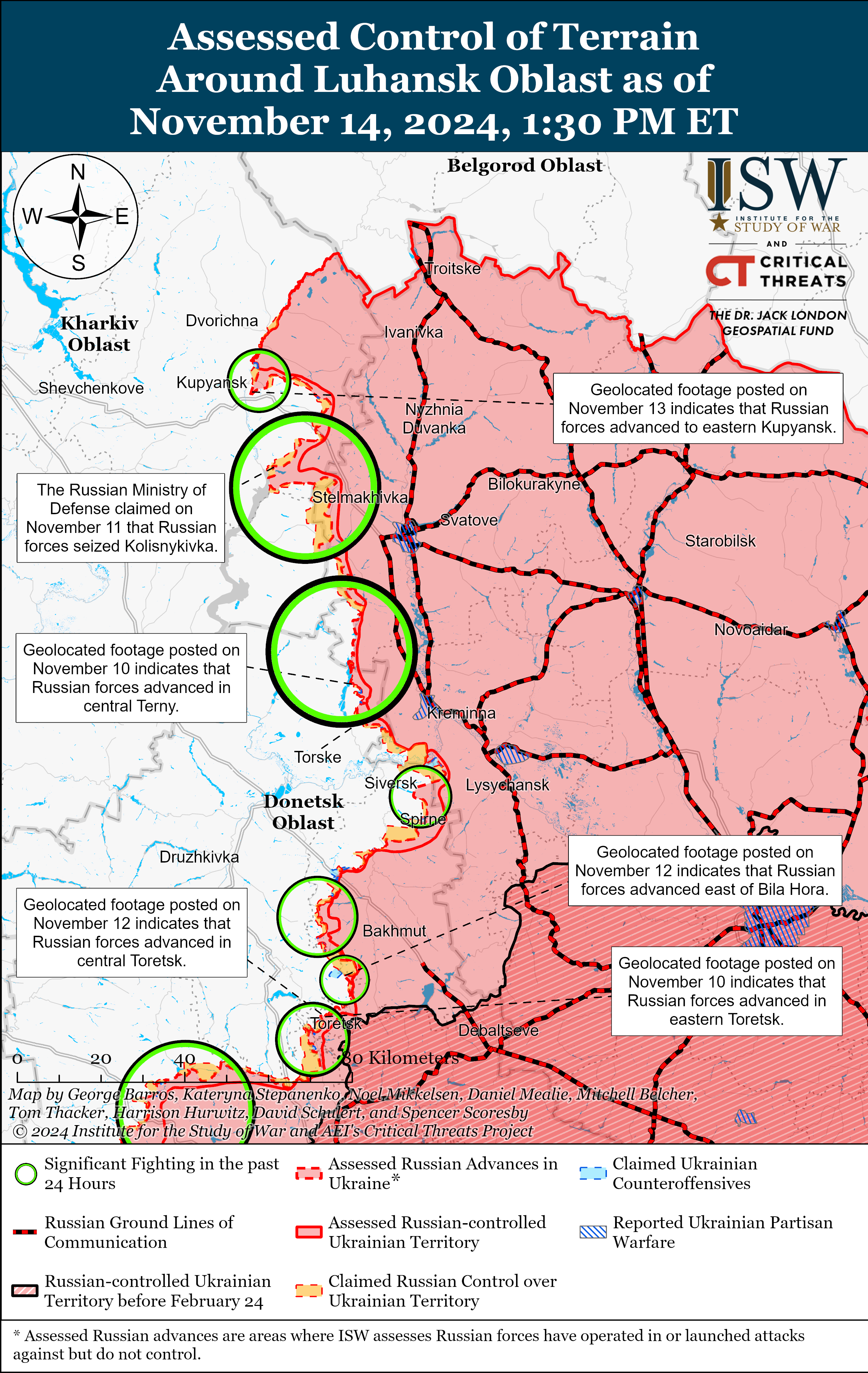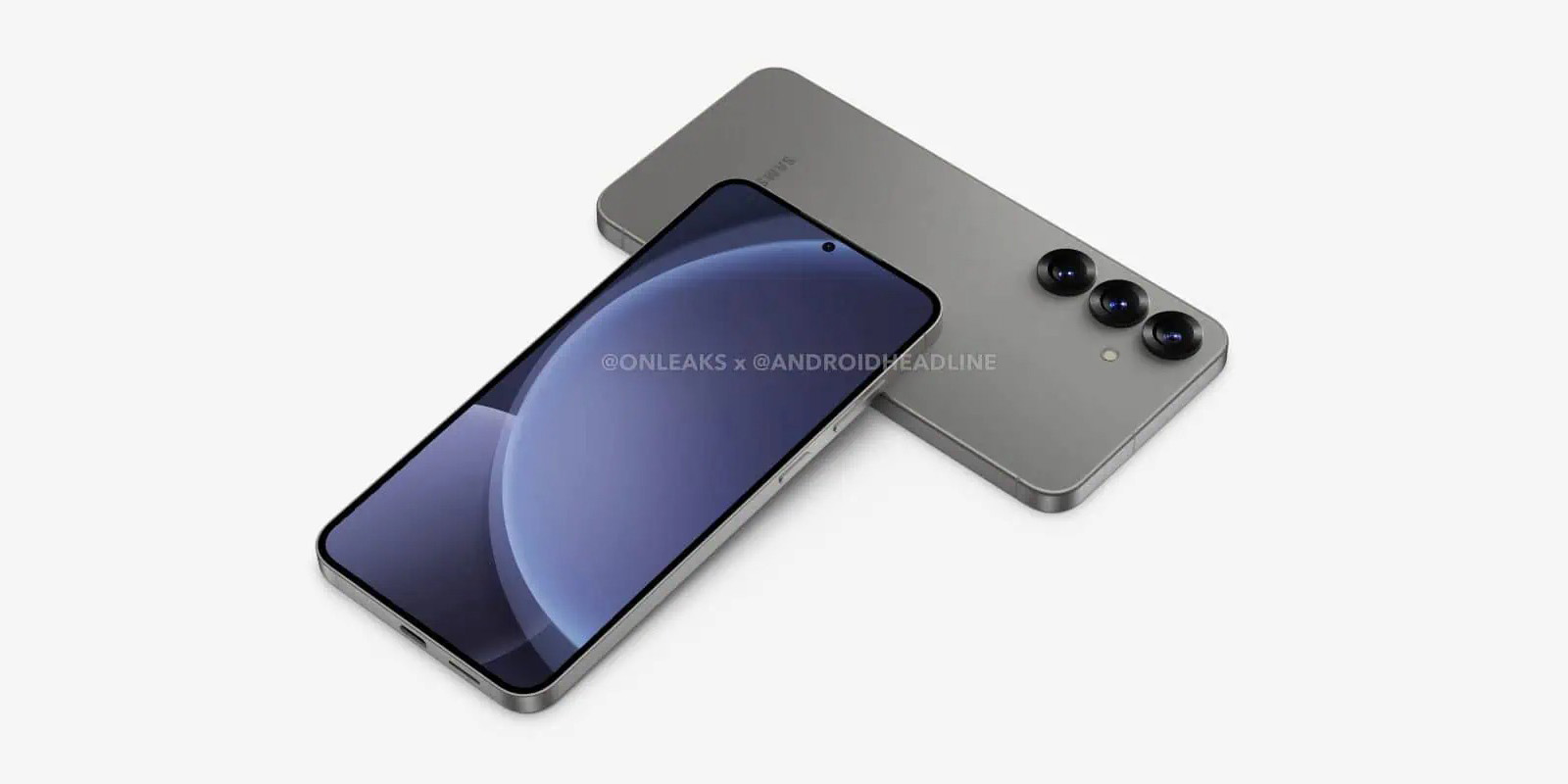
SERGEI GAPON/AFP via Getty Images
Elon Musk’s company, Neuralink Corp., has moved its business incorporation to Nevada from Delaware, aiming to cut ties to a state where Musk has faced significant legal challenges, including a lawsuit over pay and another over his purchase of Twitter.
The relocation was finalized on Thursday, as confirmed by the office of the Nevada secretary of state and a notice sent to shareholders. Recently, a Delaware judge invalidated Musk’s $55 billion Tesla Inc. pay package. Also, Musk advised company founders not to incorporate in the state, sharing his advice on the social network X, which he owns.
In a notice sent to shareholders, it was detailed that their outstanding shares in the Delaware corporation will now be part of outstanding shares in the Nevada corporation.
Neuralink’s attorney, Philip Mao, chose not to provide any comments.
Musk announced on Twitter last week that Neuralink had successfully implanted a device in a human patient for the first time. The company’s technology is designed to assist individuals with traumatic injuries in operating computers solely through their thoughts. Musk has expressed his belief that Neuralink’s device will eventually allow people to “control your phone or computer, and through them almost any device, just by thinking.”
Neuralink is not the first business Musk has reincorporated outside of Delaware and may not be the last.
Musk had previously shifted the incorporation of X from Delaware to Nevada when he renamed the company from Twitter. Nevada’s corporate laws offer more protections for executives against investor suits.
Tesla, which is headquartered in Austin, was incorporated in Delaware in 2003. Recently, Musk pledged to attempt to transfer Tesla’s incorporation from Delaware to Texas, though such a move would require a shareholder vote.
Musk has a history of legal disputes in Delaware, known as the country’s incorporation capital. Delaware’s chancery court judges are recognized as business-law experts who can fast-track cases and decide high-profile merger-and-acquisition disputes, drawing over 70% of Fortune 500 companies and even foreign companies to the state.
Two years ago, a Delaware judge rejected an investor lawsuit challenging Musk’s $2.6 billion acquisition of renewable-power provider SolarCity, ruling that Musk didn’t improperly force fellow directors to accept an overpriced buyout of SolarCity.
In 2022, Musk faced setbacks when he attempted to back out of his bid to acquire the social media platform once known as Twitter. Judge Kathaleen St. Jude McCormick dealt several pretrial rulings against him, the same judge who would later invalidate his 2018 pay plan.
— With assistance from Dana Hull and Jef Feeley









